-

Jawbone found by rock-collecting child identified as U.S. Marine who died in 1951 training accident
A jawbone discovered two decades ago in Arizona by a boy with a rock collection was positively identified as belonging to a U.S. Marine who died in a 1951 training accident decades later.
-

More than a sphere: Why people still buy globes in the age of technology
In the age of Google Earth, watches that triangulate and cars with built-in GPS, there’s something about a globe — a spherical representation of the world in miniature — that somehow endures
-

Peter Higgs, who proposed the existence of the ‘God particle' has died at 94
The University of Edinburgh says Nobel prize-winning physicist Peter Higgs, who proposed the existence of the Higgs boson particle, has died at 94.
-
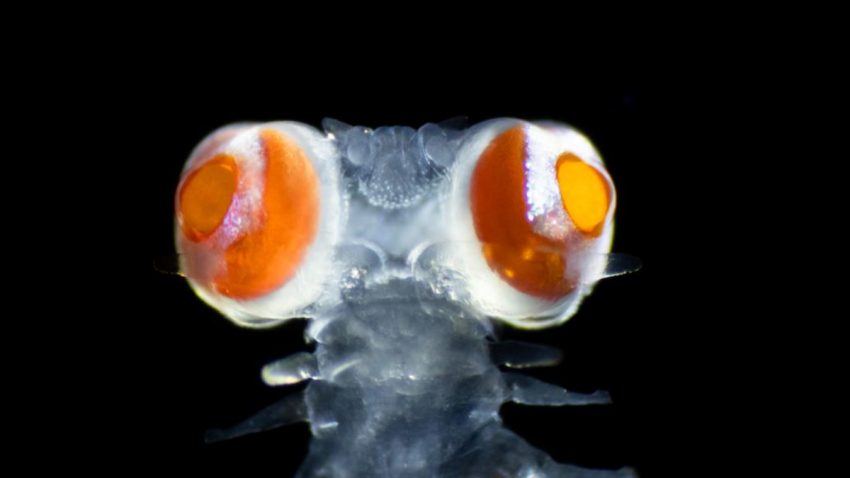
Newly discovered nocturnal marine worm has eyes as sharp as mammals
A tiny nocturnal worm native to the Mediterranean Sea has eyes as sharp as mammals, according to neuro and marine biologist Anders Garm from the University of Copenhagen’s Department of Biology.
-

Why do we have a leap year? The science behind it
Meteorologist Steve MacLaughlin explains the science behind why we have a leap year and day.
-
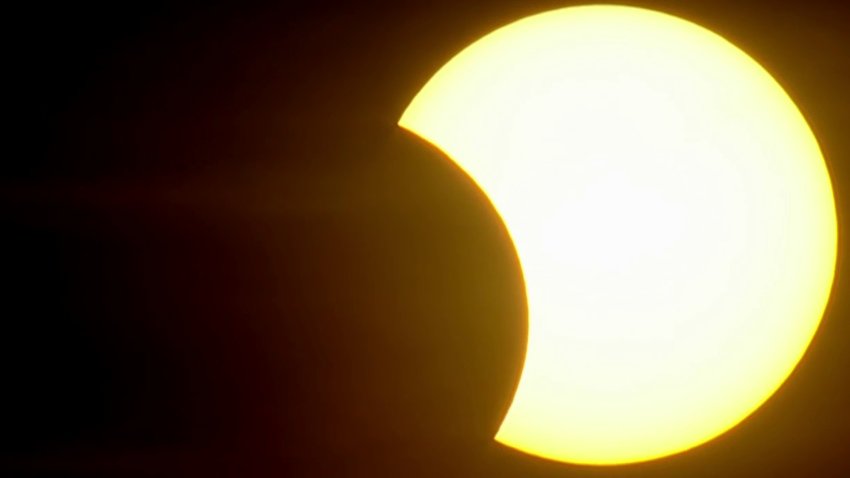
Why do clouds disappear during a solar eclipse?
Shallow cumulus clouds tend to disappear early on in a solar eclipse. Scientists think they now know why.
-
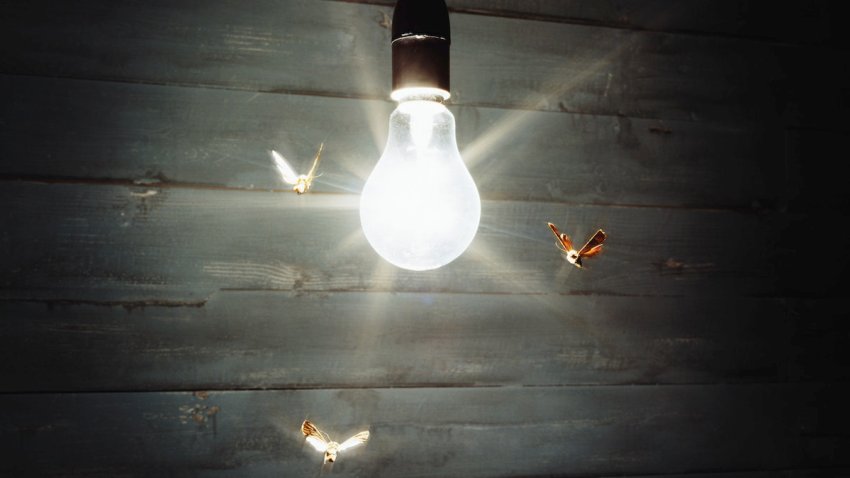
Are insects drawn to light? New research shows it's confusion, not fatal attraction
Many scientists have long assumed that moths and other flying insects were simply drawn to bright lights. But a new study suggests that’s not exactly what’s going on. Rather than being attracted to light, researchers believe that artificial lights at night may actually scramble flying insects’ innate navigational systems. This cause them to flutter in confusion around porch lamps, street...
-
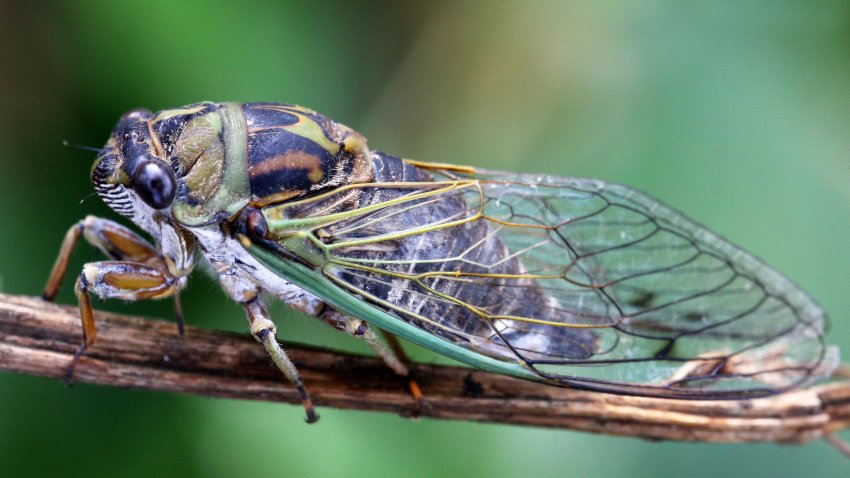
Billions of cicadas will emerge in the US this year in a rare double-brood event
This year’s dual emergence is a rare, synchronized event that last occurred in 1803.
-
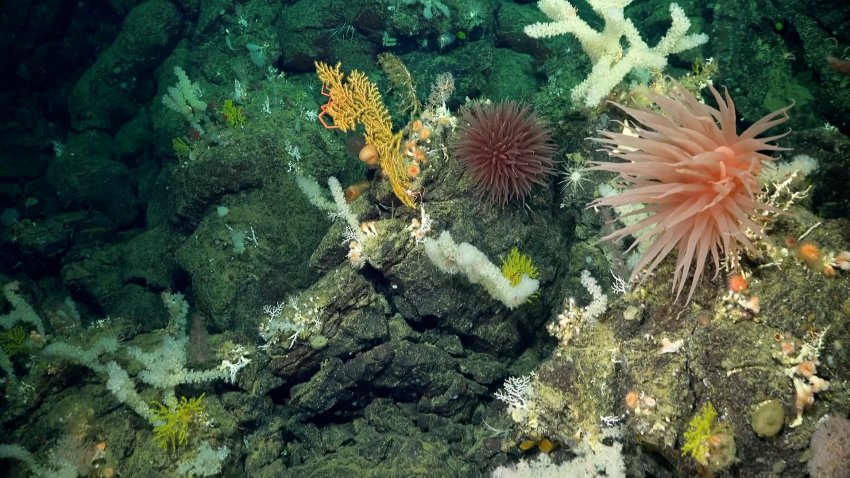
Scientists discover two deep-sea coral reefs off the Galapagos Islands
Scientists with the Schmidt Ocean Institute believe the reefs are thousands of years old.
-

Can your sweat turn blue?
Chromhidrosis is a disorder of the sweat glands that manifests with colored sweat on the face, in the underarms, or on the areola of the breasts.
-

Study says climate change and rising temperatures may increase drug and alcohol disorders
Researchers at Columbia University studied data from alcohol-related and substance-related hospital visits in New York State over 20 years.
-

How ancient DNA analysis is unraveling our shared history with other kinds of humans
Scientists started to realize all these hominins weren’t our direct ancestors. Instead, they were more like our cousins: lineages that split off from a common source and headed in different directions
-

From cyborg spiders to licking rocks, here's what topped this year's Ig Nobels for weirdest scientific feats
Among the winners was Jan Zalasiewicz of Poland who earned the chemistry and geology prize for explaining why many scientists like to lick rocks.
-

Study says a sedentary lifestyle can raise dementia risk
Researchers found a link between sedentary lifestyles and chronic illnesses that are linked with increased dementia risk.
-

WATCH: Boogie boarders catch waves in bioluminescence
Boogie boarders caught some waves in bioluminescence at Huntington Beach, Calif., on Sept. 5.
-

Paper and bamboo straws contain PFAS chemicals more often than plastic straws do, study finds
Some paper and bamboo straws contain so-called “forever chemicals” that could make them a less-than-ideal alternative to plastic, researchers have found.
-
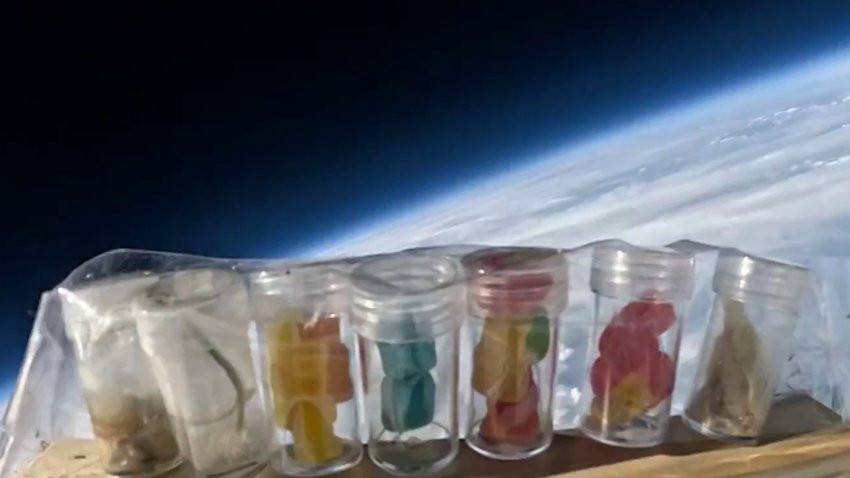
NYC kids launch balloon with gummy bears and marshmallows into space
The balloon came equipped with a GoPro camera to record the journey, as well as some snacks — but not for eating on the way.
-
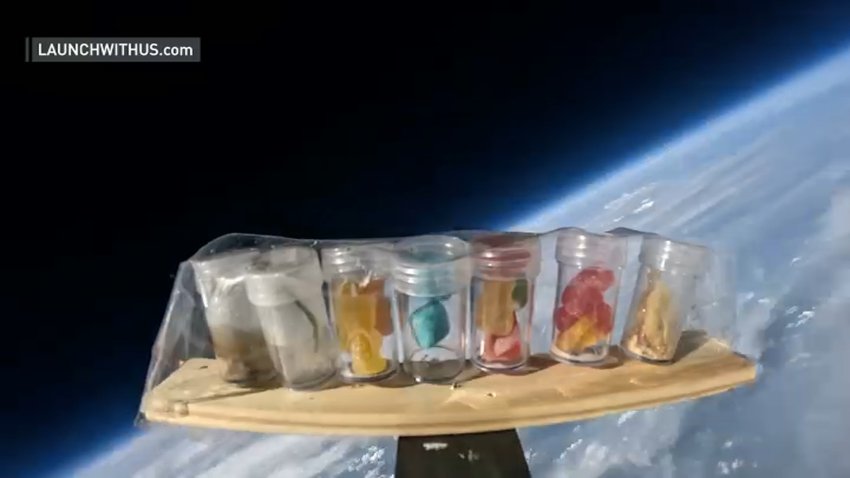
NYC kids launch balloon with gummy bears and marshmallows into space
The children from the Taft Houses NYCHA complex sent a balloon into the atmosphere and caught the whole journey on GoPro video.
-

Where is Barbie Land? Neil deGrasse Tyson thinks he's solved it
Astrophysicist Neil deGrasse Tyson says that he’s calculated where life in plastic exists.
-

What is the Lion's Gate Portal? Astrologers consider August 8 a lucky day
Every year on August 8, an astrological event called the Lion’s Gate Portal “opens” in the sky.

